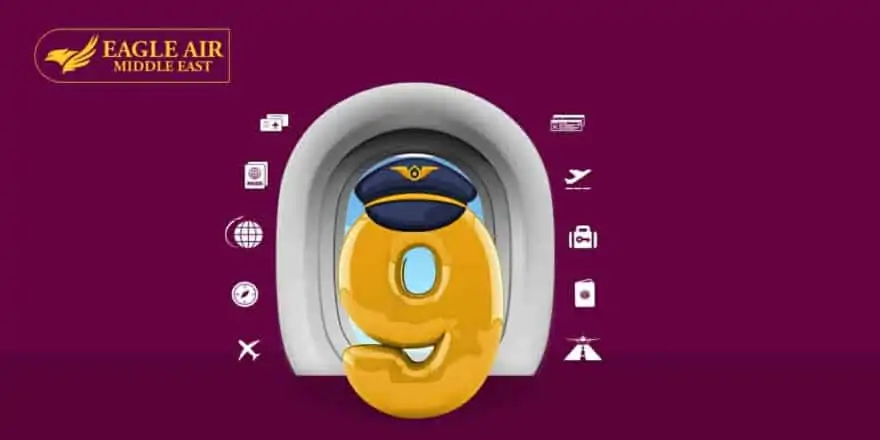To be a pilot, there are various skills that you need to learn in addition to training in aviation skills, such as driving skills, discipline, and critical thinking.
Although pilots vary in terms of personality and skills, there are some positive features that most successful pilots share.
1. Being multi-skilled:
To be a successful pilot, you need to know the skills that an airline needs as there are dozens of pilots.
To become unique, possess non-aviation skills such as your role in the safety department and the commercial side of the air carrier.
So, the more skills you have, the higher your chance of finding a job.
2. The pilot should have self-confidence:
Self-confidence is a common feature of great pilots.
In addition, pilots must have confidence in skills and decisions to be successful.
However, Excess confidence can turn into ego and lead to adverse consequences and harm to the pilot, which affects his career.
3. Clear communication skills between pilots:
Practical communication skills are essential in all aspects of life and the field of aviation as well. Clear communication helps convey information clearly and effectively.
Plus, ineffective communication between pilots and air traffic controllers leads to huge errors or accidents.
4- Pilot should keep calm under pressure:
You must be able to maintain your calmness, especially in emergencies. A good pilot can think accurately and clearly to focus on solving the problem.
5- Desire for continuous learning:
To be successful, pursue all opportunities that enable you to increase your knowledge of flying to help you hone your skills.
Whatever your level of experience, use your time to participate in any educational programs. Learn the latest safety information, information, and programs related to the field of aviation.
6. Pay attention to the smallest details:
In the field of aviation, minor errors have a significant impact and the pilot must be interested in the details of all stages of the trip; attention to detail and accuracy helps you perform your mission successfully and increases the safety of the flight.
7- The ability to make a clear plan:
You must make a plan for your trip, verify the plan’s performance, and the program continues from the moment of departure to landing after the flight is over; you have to analyze your plan to ensure that you achieve better results next time.
8. Accept criticism:
A practice that will help you be successful is to seek feedback on your performance at the end of the flight. Accept criticism, because it is not personal, but it is the way to help you improve your performance.
Also, criticism will help you avoid making the same mistakes twice.
9- Acknowledge your mistake:
Flying is like any job as errors can happen, whatever your level or your experience and skills as a pilot. Whether the mistake is small or big, the successful pilot is the one who dares to admit to making a mistake and learns from it.



